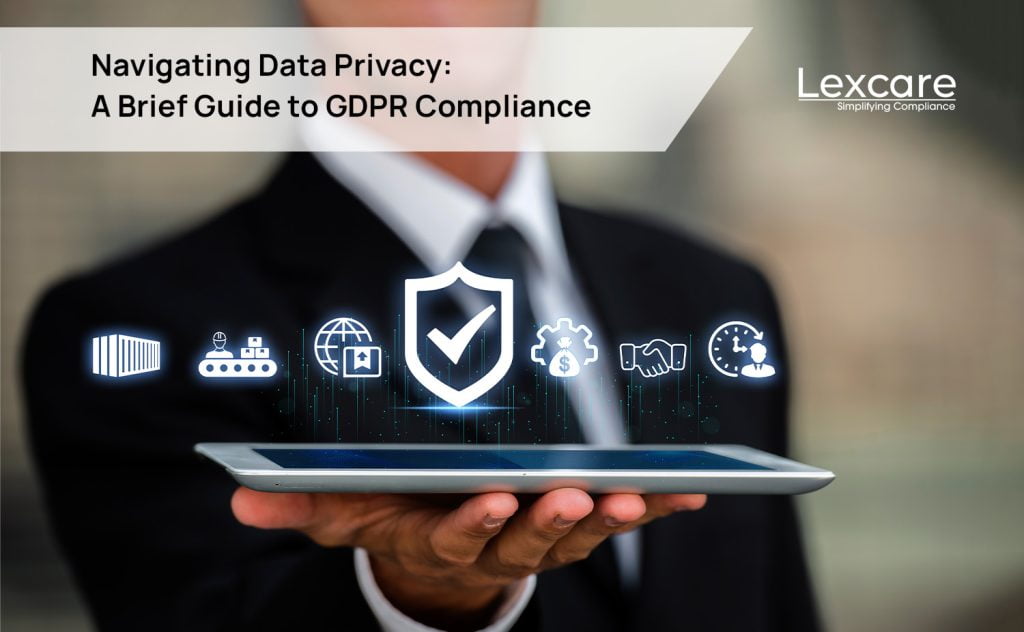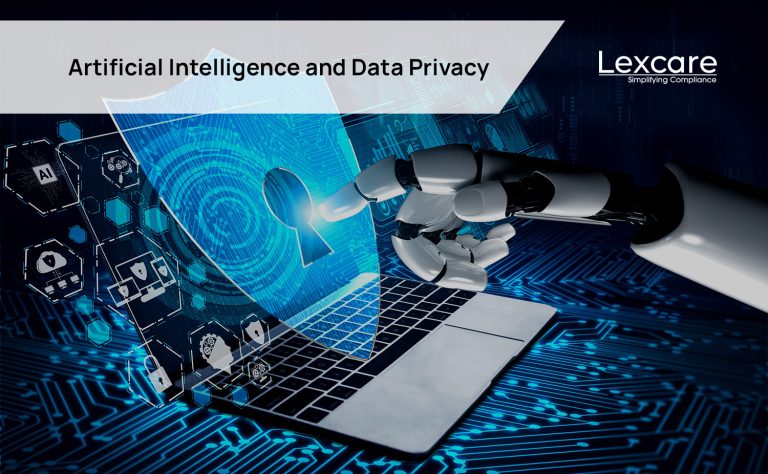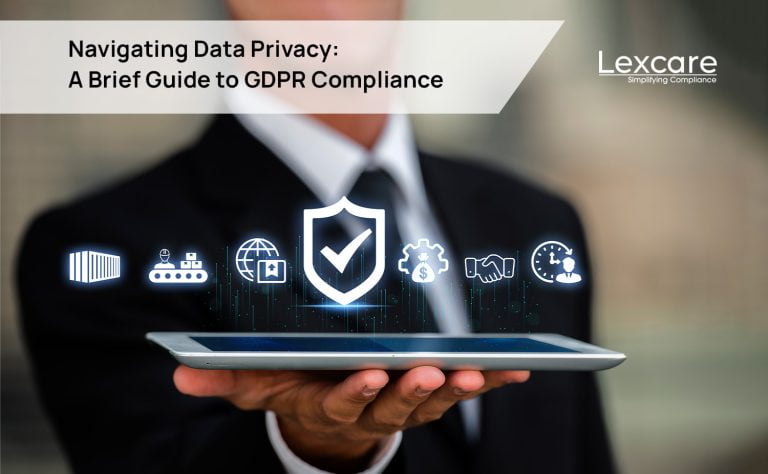Artificial intelligence (AI) is emerging as a powerful tool across various industries. Several organisations around the globe are already using AI in various forms to enhance user experience and business operations. Government agencies are also leveraging AI to achieve efficiency, drive public safety, and provide cost-effective services to their citizens. At an individual level, people are also using AI tools to increase their productivity.
Despite AI’s potential to create benefits for individuals, organisations, and society at large, the same technological innovation with a futuristic outlook also raises some important issues. As AI technology continues to evolve by the day, so do the concerns surrounding data privacy, creating tension between AI and data protection.
This intersection of AI and data privacy is turning out to be a growing concern for organisations and individuals alike. For instance, data privacy incidents can erode people’s confidence in AI technology and information systems. So, balancing innovation while effectively protecting data privacy is crucial.
However, this act of balancing innovation with data protection presents a formidable challenge that requires careful consideration and proactive measures. In view of this situation, organisations should focus on improving data privacy and take a multi-faceted, long-term approach to address the challenges that AI brings.
This blog discusses the power of AI, its benefits, and the data privacy challenges it presents, and explores a few privacy tenets to consider to successfully navigate the intersection of AI and data privacy.
The Power of AI
AI has revolutionised the way businesses operate, allowing them to streamline processes, make data-driven decisions, and enhance customer experiences. Machine learning algorithms, powered by vast amounts of data, can analyse information at speeds and scales previously unimaginable. AI is everywhere– from personalised recommendations on e-commerce websites to the automation of routine tasks in industries such as healthcare and finance, to its usage in the public sector in terms of improving public safety and enforcing cybersecurity. AI technology is reinventing customer experience, driving business value, and reshaping the world.
Data Privacy in the Digital Age
AI’s power is derived from the large and representative datasets it consumes. Such a large quantity of data is required for AI to produce accurate results. Organisations collect and analyse massive datasets to train AI models, and therein lies the crux of the issue – data privacy. Working with data involves the inherent risk of data breaches if appropriate privacy considerations are not taken into account.
Moreover, individuals are increasingly aware of the value their personal information carries and obviously expect and demand transparency, control, and security over it. Legislation such as the EU’s General Data Protection Regulation (GDPR) and other similar legislations around the world have placed stringent requirements on organisations to protect individuals’ data. In fact, 137 out of 194 countries have put in place legislation to secure the protection of data and privacy. This shows how important privacy and data protection are in today’s digital world.
The Challenges
When AI is used, the problem is– there is a huge risk of personal data being used. Sometimes, this usage also carries a risk of personal data being used against the same individuals without any control. For instance, an AI tool used to screen job applicants can unintentionally disqualify them if they fail to fit into certain pre-set profiles, potentially rejecting qualified applicants. Such inherent biases present in the training data can perpetuate unfair or discriminatory practices. So, ensuring fairness in AI algorithms while protecting privacy is one of the challenges.
Additionally, issues around data anonymisation can also appear. This happens when AI easily de-anonymises or reveals the identity of an individual even when the personal data of the individual is seemingly anonymised or masked. So, when there is a data breach, it puts privacy at risk.
When data is obtained without informed consent or choice from individuals for AI usage, then it may lead to decisions being made by AI without any control. It is essential to ensure that individuals truly understand the implications of their consent.
Several such challenges make the intersection of AI and data privacy complex. Balancing the rapid advancement of AI with data privacy concerns is not a straightforward task. Fortunately, organisations and developers engaged in building AI-enabled tools and solutions can minimise personal data privacy concerns. Some of the privacy tenets to consider in order to protect personal data are listed below.
A few privacy tenets to consider
- Data minimisation: Collect only the data that is necessary for a specific AI task. Also, such data must be maintained only for a limited time period as necessary. Minimising data collection reduces the potential for privacy breaches.
- Privacy by design: Integrate data privacy into the design of AI systems from the outset i.e. in the product development stage itself before moving to the production stage. Considering privacy implications at every stage of development not only helps realise the AI benefits but also helps to avoid infringing on a person’s privacy.
- Data transparency: Be transparent about data collection and AI usage. Let the users know about what data is collected, how it will be used, and their rights regarding their data. Giving them a choice to consent to the data use is also an essential aspect of data transparency.
- Consent mechanisms: Develop user-friendly consent mechanisms that clearly explain the implications of data sharing. Allow individuals to exercise control over their data.
- Check algorithmic bias: Implement ethical AI practices, which include ongoing monitoring and auditing of AI systems to detect and address biases and other ethical concerns. Ensure that the information or the representative datasets are broad enough and inclusive when training AI.
- Educate and train: Educate employees about data privacy and its compliance to ensure everyone in the organisation understands their responsibilities. Empower them to flag data privacy issues.
- Take experts’ help: Engage legal experts or third-party vendors who specialise in data privacy to stay up-to-date with the latest regulations and compliance requirements.
Conclusion
The intersection of artificial intelligence and data privacy is bound to present several challenges that shouldn’t be ignored. As AI continues to evolve and integrate into various aspects of our lives, recognising privacy concerns as they crop up and addressing them is increasingly vital. Organisations that proactively tackle these challenges by implementing effective data governance and ethical AI practices will be better equipped to strike a balance between innovation and data protection.
Safeguarding privacy is not just a legal obligation but also a moral imperative. The future of AI relies on our ability to find innovative solutions without compromising on the data privacy aspect. Empowering individuals to control their personal data is equally important while harnessing the power of AI.



